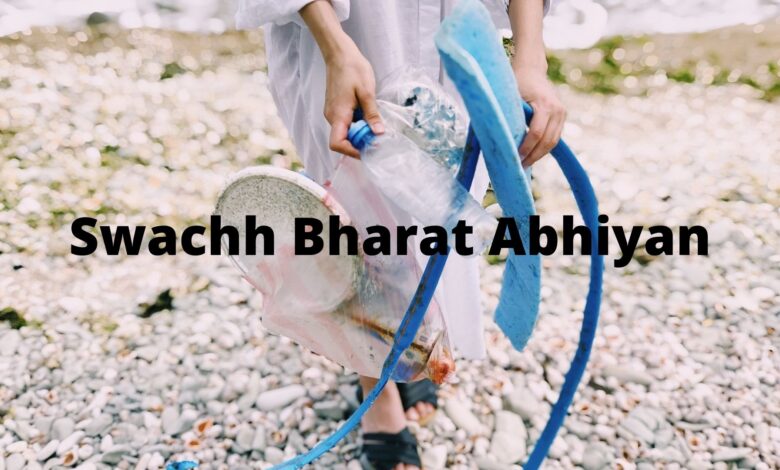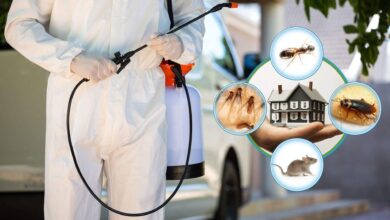Swachh Bharat Abhiyan

It is widely acknowledged that one’s surroundings are vital to one’s health and well-being. The Swachh Bharat Abhiyan was launched by the Indian government on October 2nd, 2014, as a tribute to Mahatma Gandhi, the Father of the Nation. Swachata (cleanliness) was emphasised by Gandhiji because he sincerely believed it was the path to a healthy and prosperous life.
The Swachh Bharat Abhiyan aims to clean up both rural and urban regions across India. The mission’s urban component would be overseen by the Ministry of Housing and Urban Affairs, while the Ministry of Drinking Water and Sanitation would be in charge of the mission’s rural component.
Urban Swachh Bharat Mission
The Swachh Bharat Mission is overseen by the Ministry of Housing and Urban Affairs (Urban).
The following are the areas of focus:
- Treatment of Wastewater
- Construction of adequate toilet facilities
- Management of Solid Waste
- Public Awareness and Information and Education Communication (IEC)
- Building Capacity
One of the key goals of the Swachh Bharat Mission is to educate people about cleanliness and sanitation.People will only pay attention to and observe sanitation standards if they understand how important cleanliness is to one’s health and well-being, as well as the health and well-being of society.
Among other things, the initiative aims to eliminate open defecation, manual scavenging, and instil in people a basic sense of hygiene. Furthermore, it strives to build toilets in families, public toilets. And communal toilets in order to provide a sufficient number of facilities and to encourage people to develop a feeling of hygiene and sanitation. In order to instil a sense of cleanliness. The project also wants to build a solid waste management system in each town.
Some of the objectives that have been set are as follows:
- All statutory towns have received ODF+ accreditation. The acronym ODF stands for “Open Defecation Free Certification.”
- ODF++ certification for statutory towns with populations under 1 lakh.
- Water+ certification is required in 50 percent of statutory towns with populations of less than 1 lakh people.
- Three out of five stars According to the Ministry of Housing and Urban Affairs’ Star Rating Protocol for Garbage-Free Cities, all statutory towns are garbage-free.
- All legacy dumpsites are being bioremediated.
Gramin Swachh Bharat Mission
Swachh Bharat Mission Gramin is the name of the rural project, which is run by the Ministry of Drinking Water and Sanitation. The main objective is to eradicate open defecation in the villages and surrounding areas. The scheme also includes the installation of a solid and liquid waste management system to improve sanitation, hygiene, and, most importantly, cleanliness.
The programme intends to offer Individual Household Latrines to rural households, particularly those living below the poverty line. Furthermore, as part of the scheme, community toilets will be built. The Gramin programme of the Swachh Bharat Mission guarantees that clean water is available on a regular basis for storing and other purposes.
It is billed as the world’s largest behaviour change programme, and it is going about it the correct way, with the goal of bringing about change at the grassroot level. When people are asked to participate in this programme, a sense of responsibility is established in them, reminding them that they have a personal responsibility for the cleanliness of their surrounds and society.
Swachh Bharat Mission for Urban Areas
The initiative aims to eliminate open defecation, convert filthy toilets to pour flush toilets, eliminate manual scavenging, improve municipal solid waste management. And modify people’s attitudes toward good sanitation practises.
Swachh Vidyalaya Abhiyan
Under the Swachh Bharat Mission, the Ministry of Human Resource Development has initiated the Swachh Vidyalaya Program. With the goal of providing separate toilets for boys and females in all government schools within a year. The initiative seeks to provide a set of critical interventions linked to both technical. And human development aspects of a good WASH programme to every school in the country.
Suggested Read: Healthy Organic Living




